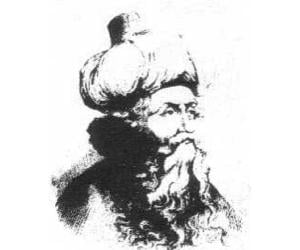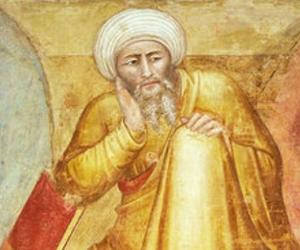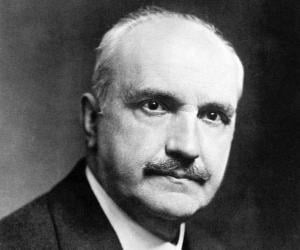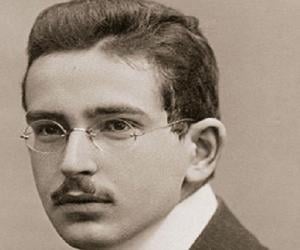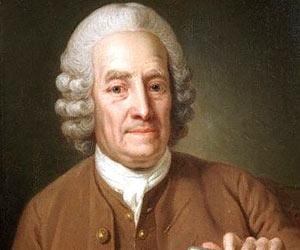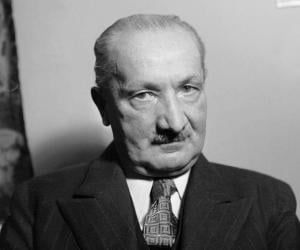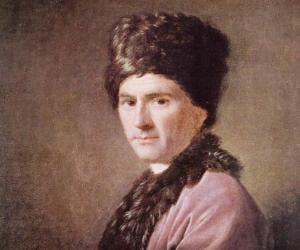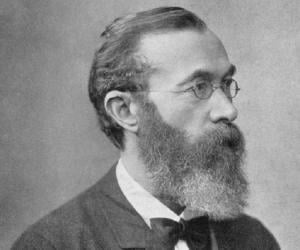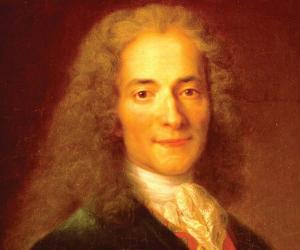Born In: Murcia, Spain
Ibn Arabi
(Arab Andalusian Muslim Scholar, Poet and Philosopher)
Ibn Arabi was a Muslim philosopher, poet, writer and mystic who is widely regarded as one of the most important teachers of Islamic philosophy and Sufism. A prolific author, he has produced more than 400 bodies of work that range from one to two folios and extend to entire volumes covering thousands of pages. And it is not just commentary on the Koran, but a whole range of Islamic subject matters that include the commentary on the Hadith, jurisprudence and its principles, theology, mysticism and most importantly philosophy. However, unlike other outstanding representatives of Islamic literature like Ibn Rushd or al-Ghazâlî, he chose to synthesize and integrate the different sciences through his thematic works rather than writing for specific genres. It is perhaps for this same reason that even his collection of poems bears similar resemblance in terms of their esoteric yet profound meanings for otherwise unfathomable ideas such as the human soul or God Almighty for that matter. Ibn Arabi through his profound understanding of Islamic spirituality not only influenced his immediate circle of listeners and disciples but also successive generations of spiritual thinkers, practitioners and scholars in the Arabic, Persian and Turkish speaking worlds.
Philosophers #94
12
10
